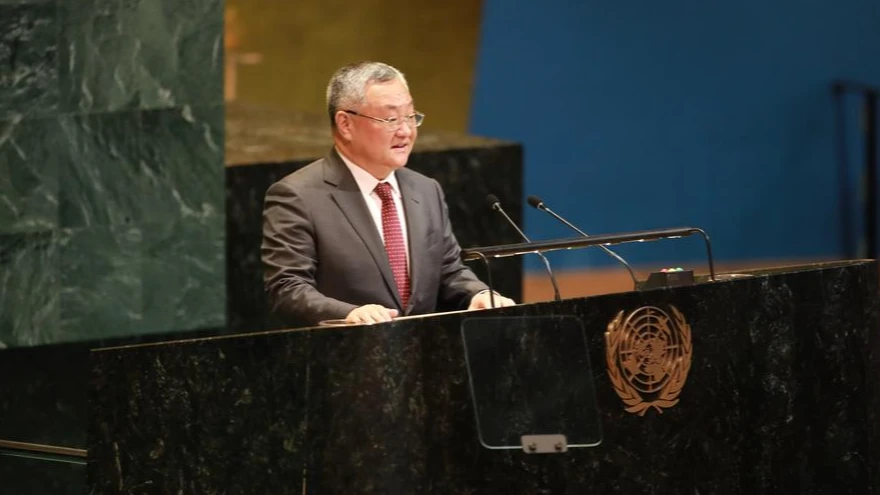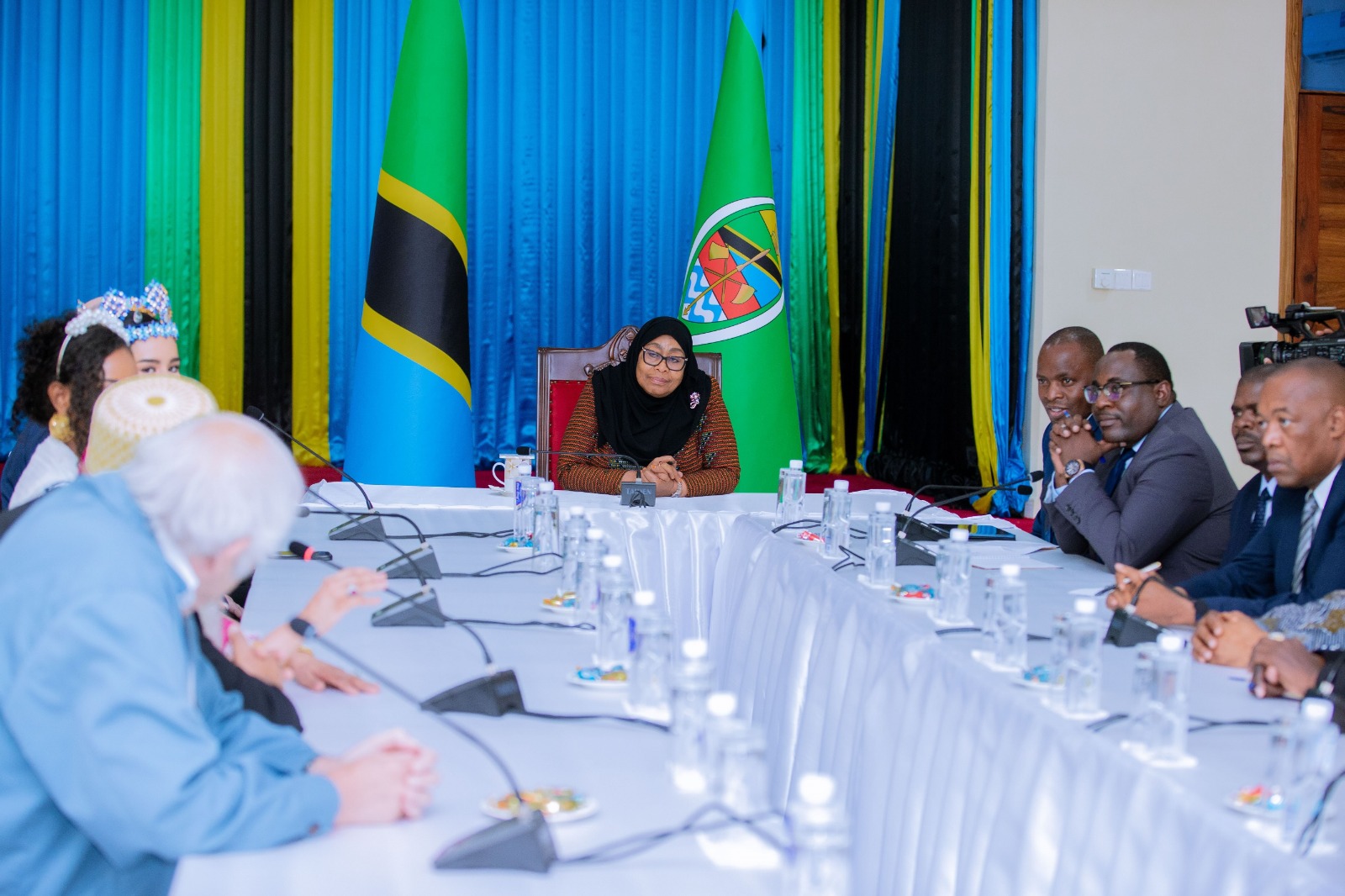43 local firms sell goods to 18 countries under AfCFTA

AS of last month, 43 local companies had traded agricultural products in the African Continental Free Trade Area (AfCFTA), selling goods to 18 countries with which Tanzania has no borders.
Dr Selemani Jafo, the Industry and Trade minister, made this affirmation yesterday in Dar es Salaam at the launch of the 2025/35 national implementation strategy for the continental trading zone.
Over 70 percent of the traded agricultural products in the new sphere were food crops like rice and cash crops such as coffee, he said, noting that the new strategy is meant to align domestic trade systems with AfCFTA potential, by expanding industrial capacity and innovation among entrepreneurs.
Strengthening the competitiveness of the private sector, increasing SMEs’ production capacity, promoting trade in services and regional cooperation are listed in the strategy, also hinting at enabling women and youth to benefit from cross border trade, especially in promoting intra-regional online businesses.
"The benefits of this strategy are market expansion, strengthening competitiveness, creating employment opportunities, strengthening competitive innovation and accelerating the implementation of the AfCFTA pact," he said.
The government sees AfCFTA as an opportunity to boost industrial activity, attract investments and access new markets to Tanzanian businesses, he said, underlining that the strategy is among policy tools for implementing the revised national trade policy 2023, embedded into the goals of Vision 2050.
He similarly used the launch to declare July 24 of each year as a trade clinic day to discuss achievements and challenges in achieving objectives of this strategy.
Ministerial departments and agencies will be required to meet on this appointed day to review what has been done and challenges arising in implementation, he said, pointing at guided trade initiatives now in place to facilitate implementation of the trade strategy.
A major shipment of coffee occurred in 2023 as part of efforts to benefit from the new continental trading arrangement, he said, while Fatma Mabrouk Khamis, the Trade and Industry Development permanent secretary for Zanzibar said the ten-year strategy was prepared in a collaborative manner with the private sector and development partners.
Technical and financial assistance was obtained from UNDP and Japan, via its diplomatic mission in Dar es Salaam, she stated, while John Rutere, the UNDP deputy resident representative said the strategy is built on the principles of promoting competitiveness in the private sector.
It is also directed at boosting productivity, creating business opportunities for women and SMEs to participate in regional trade and removing tariff barriers, he asserted, with Ridhiwani Kikwete, the Labour, Youth, Employment and Persons with Disability state minister in the Prime Minister’s Office (PMO) elaborating on those parameters.
Tanzania has25.9m people in the workforce where 14m are youths looking for opportunities in the various sectors, especially agriculture and agro-processing, services and innovative technology, he said.
“This part of the population is equivalent to 55.6 percent of the active workforce and is the main target for implementation of the wider trade strategy. It is important to reach them with sensitization,” the minister underlined.
The AfCFTA pact was ratified back in September 2021 with its implementation instrument deposited at the African Union Commission the following year, after the pact was agreed by 54 of the 55 AU member states years back.
It is meant to create a single market for 1.4bn people by eliminating tariffs and other trade barriers in line with the African Union Agenda for 2063, officials noted.
Top Headlines
© 2025 IPPMEDIA.COM. ALL RIGHTS RESERVED






















